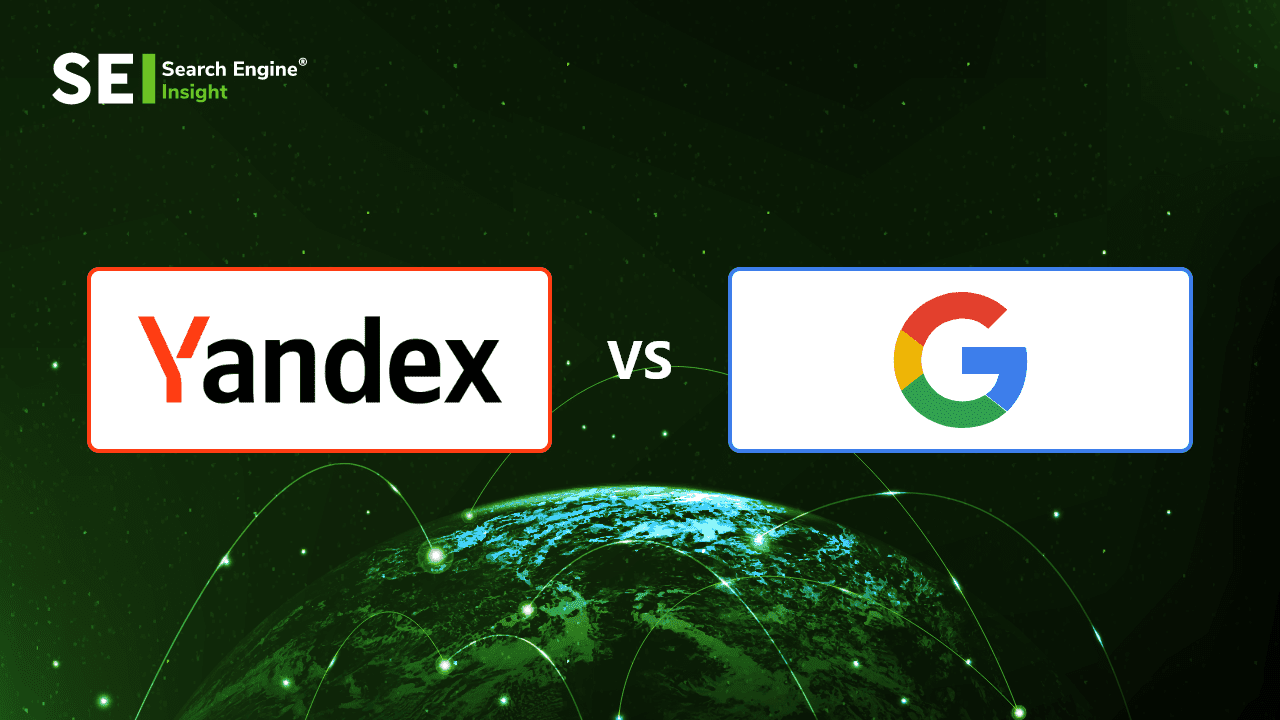Yandex vs Google – Which Search Engine is Better?
Yandex and Google are two of the quintessential search engines worldwide. They have been around for decades and have grown to become essential parts of many online experiences. The internet is vast, with billions of websites, making it difficult to find the right information. In the search engine market, Google is the clear top dog.
This article will compare Google vs Yandex to answer your questions!
Table of Contents
Yandex Search Engine Overview:
Yandex is a popular Russian search engine that has been operating since 1997 and now claims more than 100 million users. But how does Yandex work? And how do its results compare to those of Google?
It’s no secret that Google is the dominant search engine in the world. But Yandex is one of the most popular search engines in Russia and around the globe. The two are often compared because they offer similar features, but you may be wondering: which one should you use? We’ll go over how each site works, whether or not Yandex has better results than Google, and more!
● Yandex matches language & location with user data.
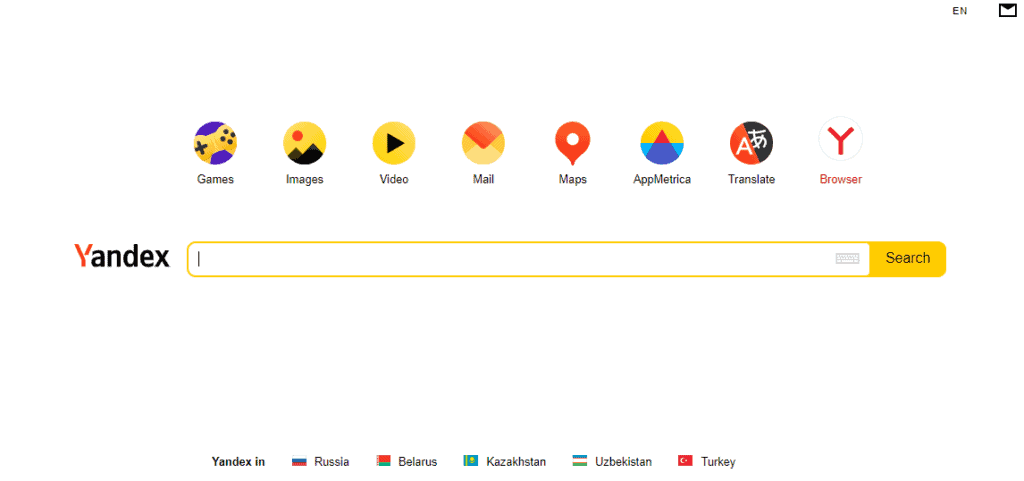
Unlike Google, Yandex is a Russian search engine. It’s more popular in Russia than Google is and has been since the mid-2000s. The way it works is different from Google, too: instead of using the information you’ve inputted before to make suggestions for what other things you might be interested in searching for, Yandex collects data on users through all their apps (browser, maps, email) and uses that information to match the language and location of a person to return more relevant results.
● Compared to Yandex, Google fights misinformation more aggressively.
Yandex, the Russian search engine, doesn’t have a “fact check” feature for articles like Google does. If you search for a story about vaccines on Yandex, you may be directed to anti-vaccination propaganda instead of any well-researched information from reputable sources.
● Russians prefer Yandex over Google, while international users prefer Google.

Overall, Yandex is the best search engine for the Russian market, while Google is superior for the international audience. If you’re looking for a straightforward search tool that can provide you with relevant results quickly and accurately, then Google may be your choice. On the other hand, if you aim to find exactly what you need effortlessly and without spending hours browsing through page after page of irrelevant information, Yandex is worth considering (especially considering its power over other portals).
● Latin-based search engines may not be as powerful as native search engines.
If you live in a country that speaks a non-Latin-based alphabet language like Chinese or Russian, your native search engine will be more powerful. This is because most of the text that Google and other international brands use is in Latin script, while Yandex and other local search engines are optimized for their writing systems.
In addition to being better suited for local languages, there are other reasons why it might make sense to use Yandex over Google. For example:
- If you want an interface tailored to your needs (e.g., if you don’t speak English well)
- If the website has an audience primarily located within Russia (e.g., because they sell products directly from Russia).
Here are some of the Technical Search Engine Optimization differences:
Yandex Vs Google - Head To Head
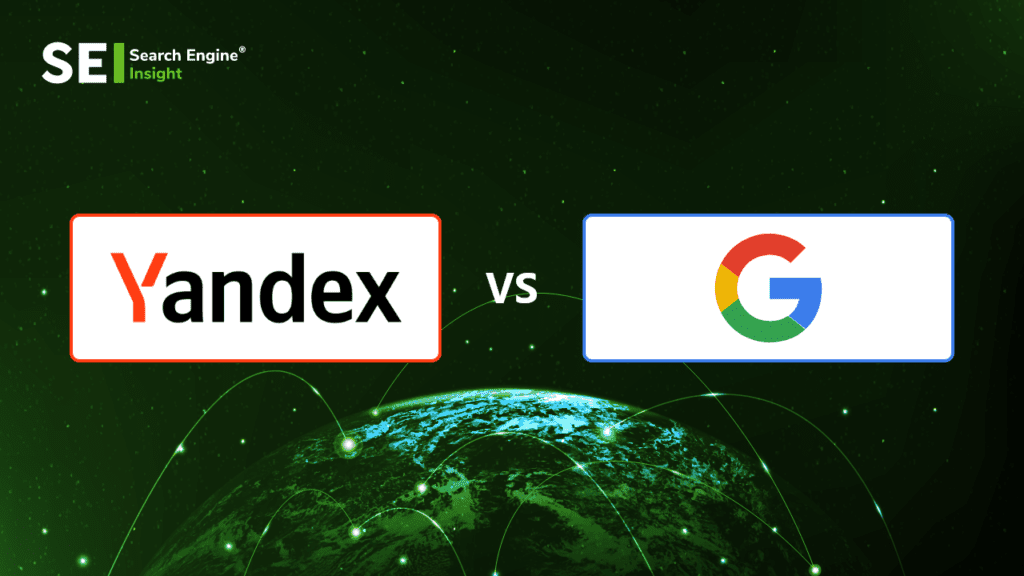
1. JavaScript - Yandex vs Google
The first thing to know is that Yandex and Google use different JavaScript frameworks. Yandex uses V8, which Chrome also uses. V8 compiles JavaScript code into machine code and then runs it on the CPU. Google’s JavaScript engine was created in 2008, but Yandex used V8 starting in 2011; there are some significant differences between how they handle JavaScript.

The most important difference is that Yandex can execute more types of code than Google. This makes sense because the way a search engine works require a lot more complex algorithms than just displaying web pages—but because they both use V8 as their base, you could theoretically run any piece of JavaScript code on either platform (though not all browsers support every feature).
2. AMP vs. Turbo - Yandex vs Google
AMP is an open-source framework for building fast, scalable, and user-friendly mobile apps. Your website will be optimized for mobile users to load quickly on any device. The main advantage of using this platform is its speed: Google shows AMP pages in search results before non-AMP ones.
3. Site Region Targeting - Yandex vs Google

Yandex has better region targeting. If you want to target Russian and Bulgarian users, Yandex is your choice. Google doesn’t support these languages, and some of their features are incompatible with Cyrillic characters. You can only target Russian and Bulgarian on Yandex with country targeting.
If you want to target non-Latin characters like Chinese, Japanese or Korean, you should use Google instead because they have better support than Yandex (although Yandex does have some support).
4. Yandex (official) tools - Yandex vs Google
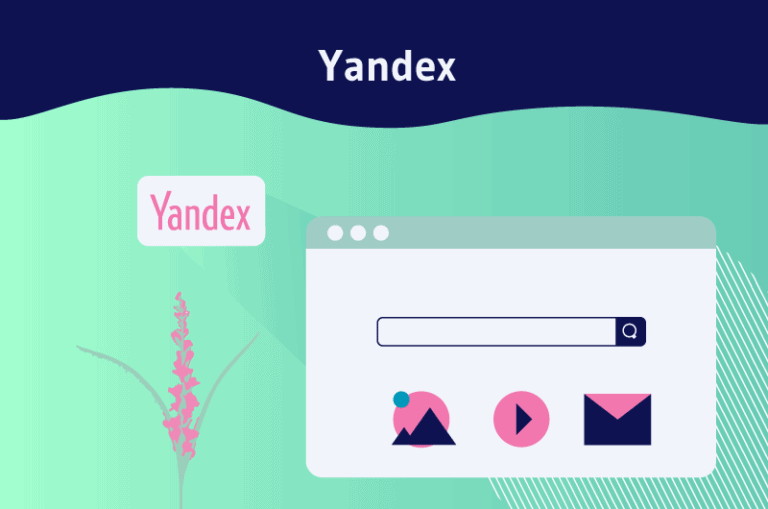
Yandex has some official services, making it an even more valuable search engine. These include:
- Yandex Metrica – The service offers detailed analytics on the performance of your website and can be integrated with Google Analytics.
- Browser – A fully functional browser that includes all the standard functions you would expect from a modern web browser but also has many unique features like a password manager and ad blocker functionality.
- Yandex Mail – A free email service similar to Gmail or Outlook (but not as popular). It allows you to use multiple aliases for your account, each with its inboxes, filters, and labels; organize emails into folders; send attachments up to 10GB in size; create email templates from scratch or choose from predefined ones; set up signatures based on the recipient’s name or role at work; schedule delivery times for emails so they arrive when needed most (e.g., right before lunchtime); organize incoming messages into folders using filters based on sender’s domain name or keywords contained within messages themselves.
5. Active URL Monitoring - Yandex vs Google
Yandex’s URL monitoring tool is much more powerful than Google’s. The features and benefits are:
- Yandex has a longer history of monitoring URLs, whereas Google recently began offering this service.
- Yandex has unavailable features in Google’s tool, such as the ability to blacklist keywords or send an email alert when your site goes down.
- Yandex offers a premium tier for $15/month that provides even more advanced functionality than their free tier (e.g., real-time alerts).
6. Quality Mark Badges - Yandex vs Google
Yandex has more badges than Google. It has:
- Mobile Friendliness
- Accessibility
- Security
Google’s only badge is for mobile friendliness on the desktop, but it does not have a mobile-friendly page in its results pages and does not show any warning when you visit a non-mobile-friendly site from your phone.
7. Search Engine Optimization - Yandex vs Google
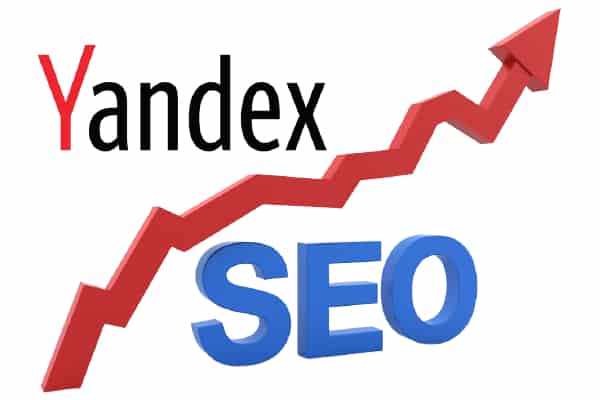
Yandex also has search engine optimization just as Google. You can do many things to improve your website’s performance. But if you’re unaware of Yandex Search Engine Optimization, you’re missing out on a huge opportunity to increase sales and traffic from Russian users.
8. Quality Mark Badges - Yandex vs Google
- Yandex has a Quality Mark badge that shows how trustworthy a website is. The mark on the search results page will tell you if Yandex has verified the site to be safe or if it’s unreliable. Sometimes the badge will say “Not verified” (in red), and in this case, you should exercise caution when visiting the site.
- Google does not have a similar badge; instead, it warns users about certain types of web pages through labels such as “spammy” or “dangerous.” However, these warnings are not visible and may be difficult for new users to understand.
9. Special Content Result Block Breakdowns - Yandex vs Google
- Yandex has a more advanced search engine than Google. This is because of the many new features that allow users to find content better and faster. Yandex also uses artificial intelligence (AI) to improve its search results, so it’s more accurate and relevant than Google.
- Google is still the more popular search engine, but Yandex wins by far when it comes down to which one offers the best user experience.
10. Behavioral Factors - Yandex vs Google
Google and Yandex use machine learning algorithms to determine which search results are most relevant to the user’s query, but how they do this is different.
- Google uses its algorithm that considers dozens of factors, such as the terms used in a user’s query, location, time of day, etc., which is then used to predict the content most relevant. In other words, if someone were searching for “Yandex vs. Google” using their phone at 10:00 am PST on a Monday while standing outside their house in Seattle (presumably) with GPS turned off—then it would be reasonable to assume that they want answers related to these topics: “How do I use Yandex?” or “What are some alternatives?“
- The way Yandex ranks results is similar but slightly different from Google’s approach—it also considers personal preferences based on browser history and previous queries entered by users who had visited websites using Yandex before (but not those who came through via another browser).
11. Heat Maps - Yandex vs Google
Heat maps visually represent the user’s interaction with the page. They show where people click and hover and which elements they find interesting enough to explore further.
Heat maps can be used to analyze the performance of your website, landing pages, or app. You can see where people spend most of their time on your site or what parts are ignored by users. This way, you’ll know where to place your main content and how to optimize it for better conversion rates.
12. Yandex Ads vs Google Ads
- Google Ads is a paid search engine marketing platform owned by Google and launched in 2002. It allows users to optimize their website content, generate leads, and gather data on audience demographics.
- Yandex Ads is an ad network that offers mobile advertising services for advertisers looking to reach Russian consumers. The cost of advertising on both platforms is determined by how much you bid on your keywords; the more you bid, the higher up your ads will appear on search results pages (SERPs).
Yandex’s advantage over Google’s AdWords program comes down to its pricing structure: while Google charges based on CPC (cost per click) or CPM (cost per impression), Yandex ads are priced based on CPL (cost per lead). This means that if someone clicks through one of your ads and becomes a customer within 30 days, you only pay for the lead generated from that click – no matter how many times it was displayed before being clicked!
13. Community Support Differences - Yandex vs Google
There are several differences between the communities. Yandex has a larger community of mobile app developers compared to Google. Android apps can be built with the Yandex Software Development Kit (SDK). This SDK supports cross-platform app development using C++ and Java programming languages for iOS and Android platforms.
Yandex does not have many official forums on its website as Google does; however, it has an active community on social media, such as Vkontakte, where you can find answers to your questions or ask new ones if necessary.
14. Adaptability to local language and needs - Yandex vs Google
- Yandex is more adaptable to local languages and needs: Google’s search algorithms can easily detect the user’s location and automatically adjust their results to their specific region, but this doesn’t always mean that they will give you relevant information. For example, if you are looking for a product or service in Russia, you might get irrelevant results from other countries.
- Google is more adaptable to international languages and needs: In contrast, Yandex has been built with a wider range of languages in mind, so it can be accessed by anyone regardless of where they are located or what language they speak (as long as the website supports it).
15. Speed of indexing - Yandex vs Google

We’re talking about indexing speeds. Google takes less than 0.5 seconds to index the average website, but Yandex takes less than 0.3 seconds! If you have a website that hasn’t been updated for several months, your site will take up to half a year to get indexed.
But when it comes to results retrieval times: Yandex does have one advantage over Google—it returns results faster! However, this advantage only applies in cases where someone has already cached their search result data on their local machine or device (such as smartphones).
Conclusion
In conclusion, the user base of Yandex is larger than that of Google, with over 200 million users per month. The developer community of Yandex is also larger than that of Google, with over 2 million developers who use its search engine and other services. However, if you are an SEO or mobile app developer, it would be better to use Google’s tools, as industry professionals in these fields more widely use them.
The difference between using Google and Yandex for your search for products and services should be considered when deciding which search engine to use. Each has pros and cons that need to be weighed before deciding which one will work best for you when searching online!
